-
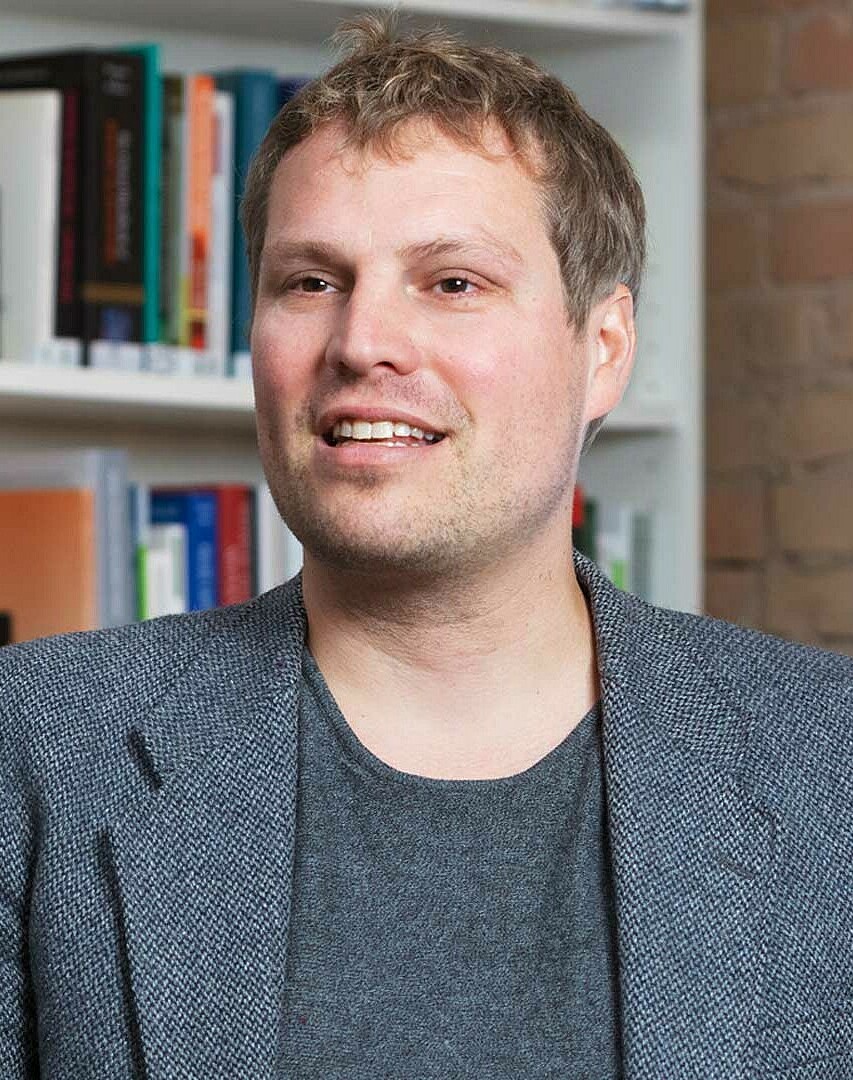
Photo: MCC Berlin © Matti Hillig
04.07.2022Prof. Dr Felix Creutzig, TU Berlin and Mercator Research Institute on Global Commons and Climate Change
Climate protection in cities and demand-side solutions for climate protection are the main research focus of Prof. Dr. Felix Creutzig. The Brain City Ambassador leads the working group “Land Use, Infrastructure and Transport” at the Mercator Research Institute on Global Commons and Climate Change (MCC). He also teaches “Climate Change and Infrastructure” at the Technische Universität Berlin (TU Berlin). One of the most recent projects of the climate protection expert: He is supporting the construction of the new Einstein Centre Climate Change in Brain City Berlin.
“The possibilities of promoting climate protection in cities with Artificial Intelligence. And at the same time, with the help of good governance, to manage the resulting data volumes in a trustworthy manner in the interests of the public.” Prof. Dr. Felix Creutzig mentions these two aspects spontaneously when asked what interests him most in the context of his research. And what drives him? “The relevance of the subject.”
The climate protection expert has been dealing with how climate change can be countered locally and globally since 2008. At that time, the physicist was working as a postdoc at the Berkeley Institute of the EnvironmentUniversity of California, Berkeley. Felix Creutzig then deepened his expertise as a Group leader of a project on the economics of climate change at the TU Berlin. After further career positions in Germany and abroad, he is now Head of a working group on the subject of “Land Use, Infrastructure and Transport” at the MCC and Professor of “Sustainability Economics of Human Settlements” at the TU Berlin. As an author, the Brain City ambassador also contributes his knowledge to the work of the Intergovernmental Panel on Climate Exchange (IPCC): The intergovernmental panel is preparing the current state of research on climate change – as a scientifically based basis for political decisions.
There is no expertise that is not available in Berlin. For me, this is a decisive advantage of the location.
Felix Creutzig is currently actively involved in the establishment of a new “Einstein Centre Climate Change: Public Policy of Human Settlements”, that wants to advance and rethink climate protection in Berlin and Brandenburg academically and with expertise: through pilot projects in the areas of construction and transport, which innovatively use the regional location strengths in the areas of Big Data and Artificial Intelligence for climate research. In addition, experimental approaches from the fields of design, psychology and art could initiate technological and social transformation processes.
The climate protection expert is internationally networked in his work. The science location Berlin also enables him to have direct contact with other top researchers. “There is no expertise that is not available in Berlin,” says Felix Creutzig. Since he first came to Berlin in 2003 to write his doctoral thesis in Computational Neuroscience at the Humboldt-Universität zu Berlin, he has always been drawn back to the capital. “This is mainly due to the open people, the diverse culture, but also the good food. For example, I really like hummus. Berlin now has a very international cuisine!”
Felix Creutzig’s time is limited. This is because promoting climate protection in the region and worldwide is a demanding task. His advice for young scientists in Berlin is therefore formulated in a correspondingly concise manner: “Find a mentor. And follow your curiosity.” (vdo)
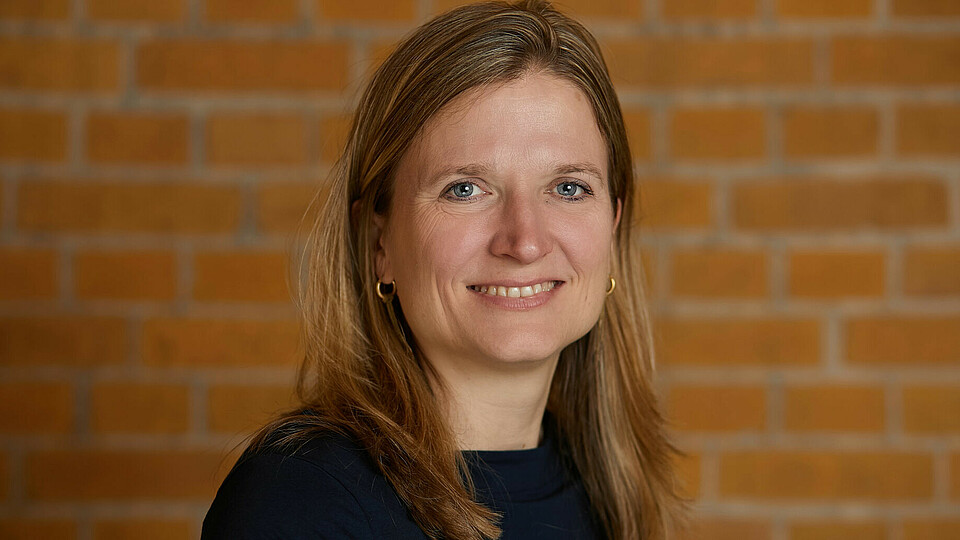
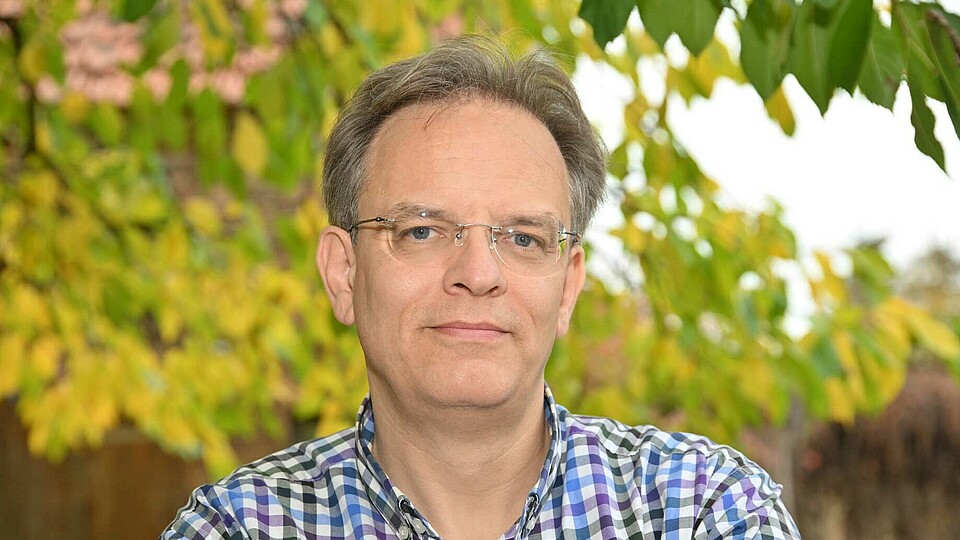
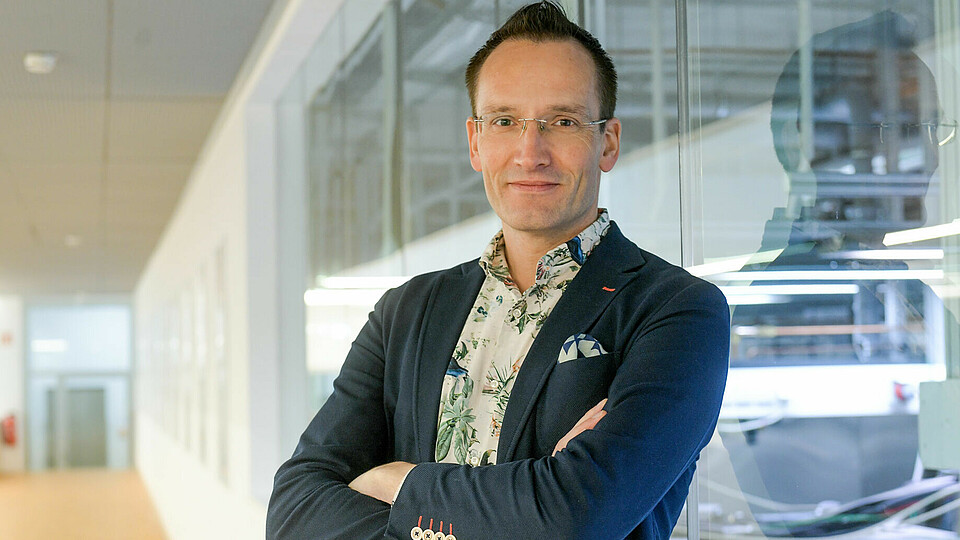

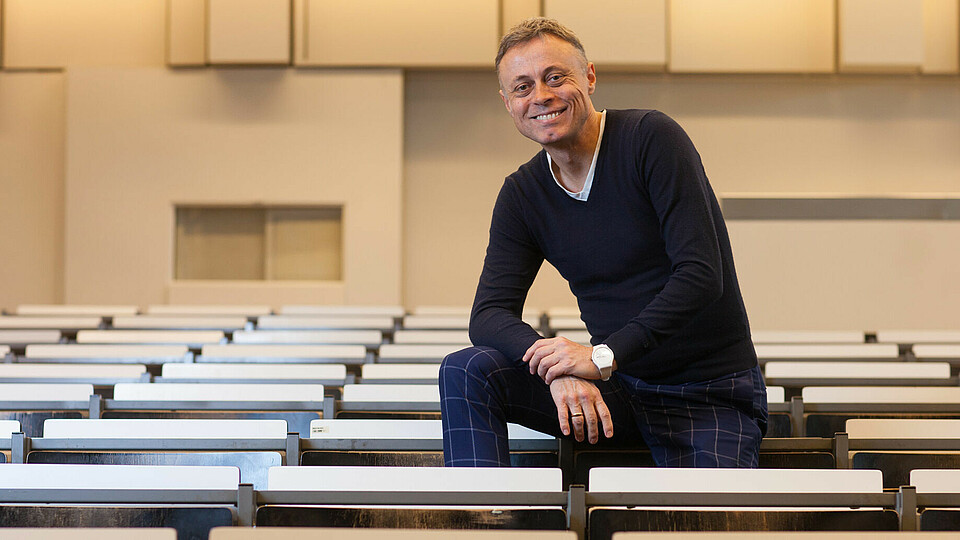
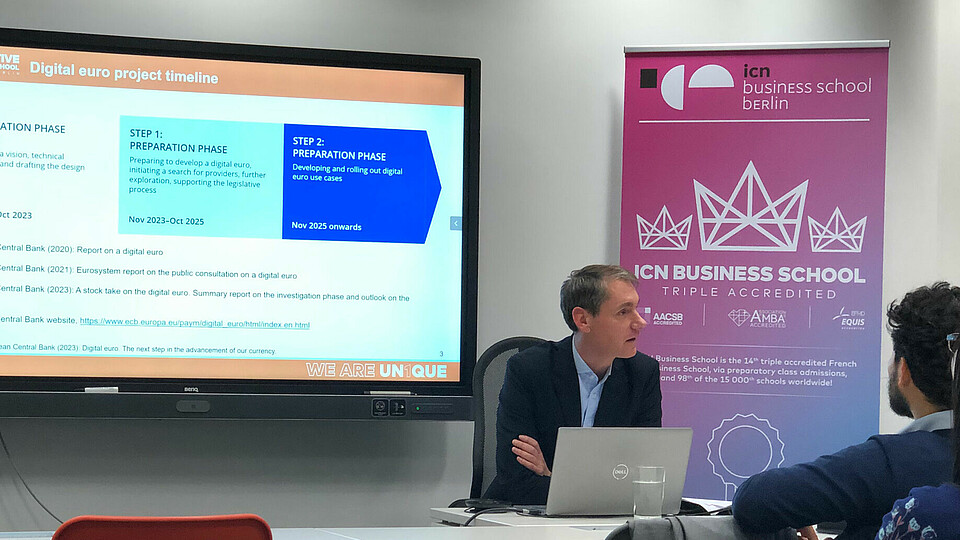
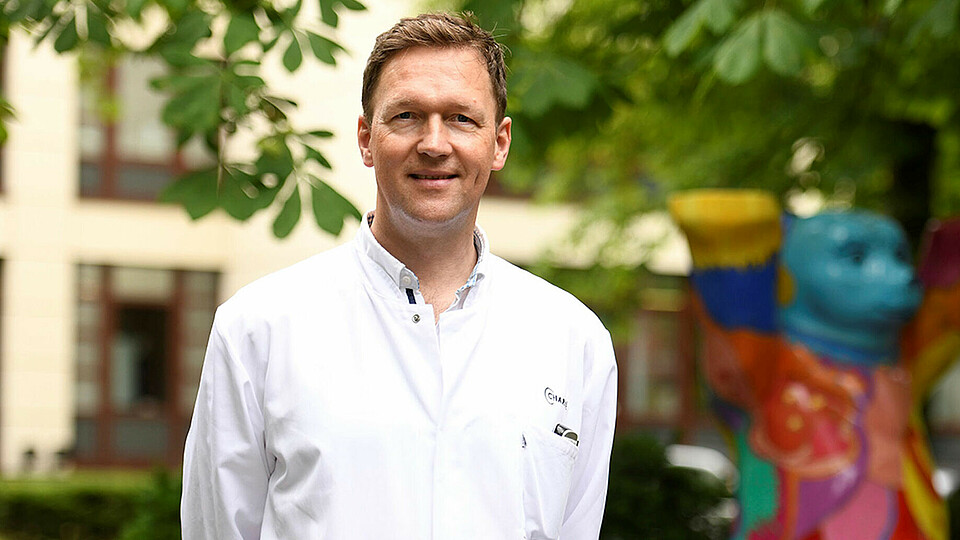

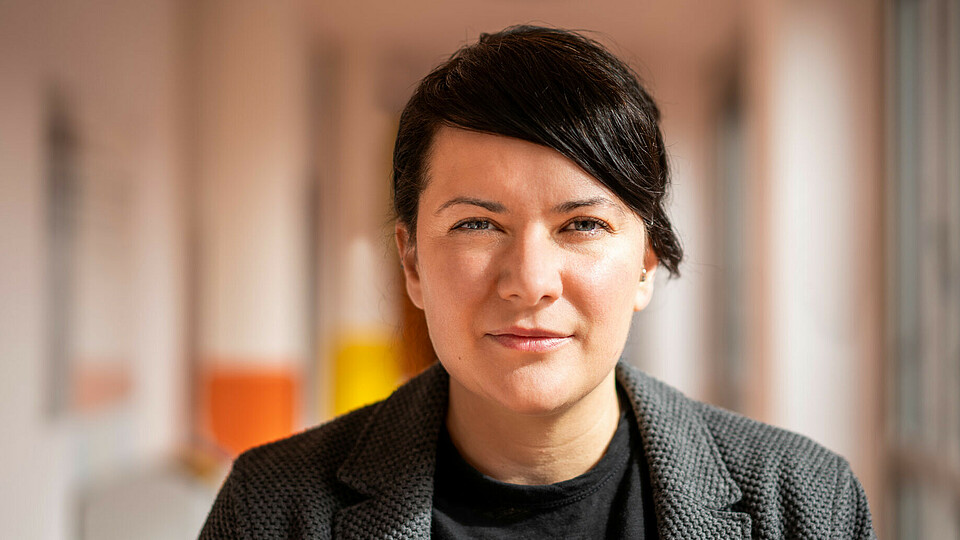
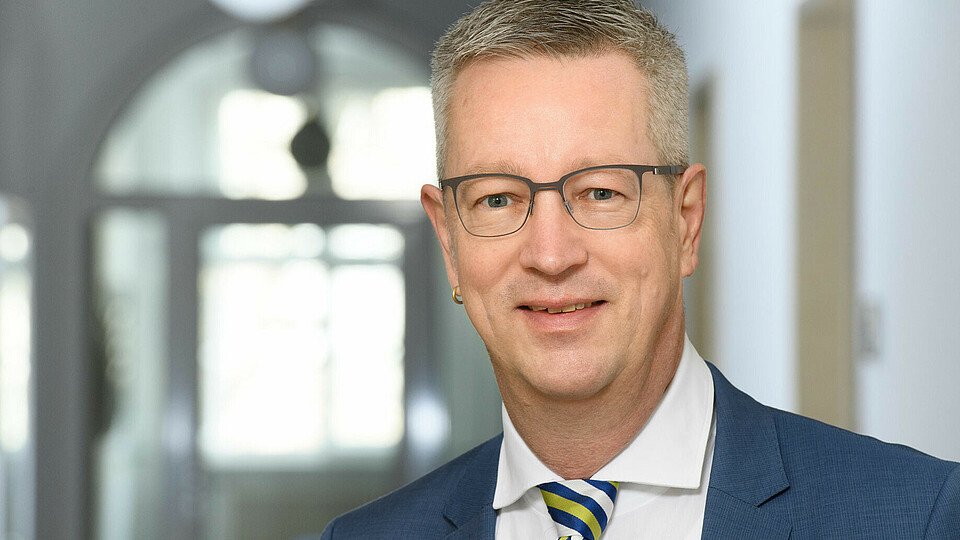
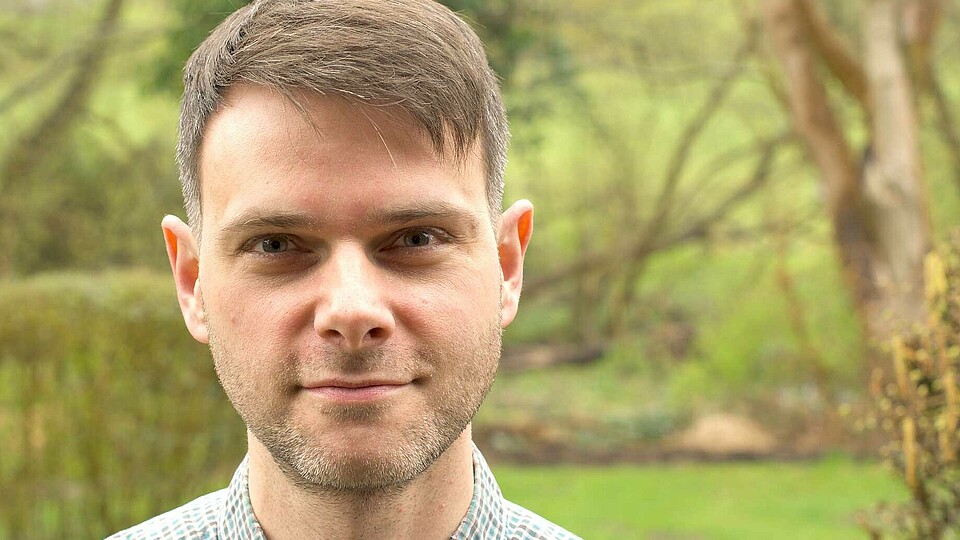
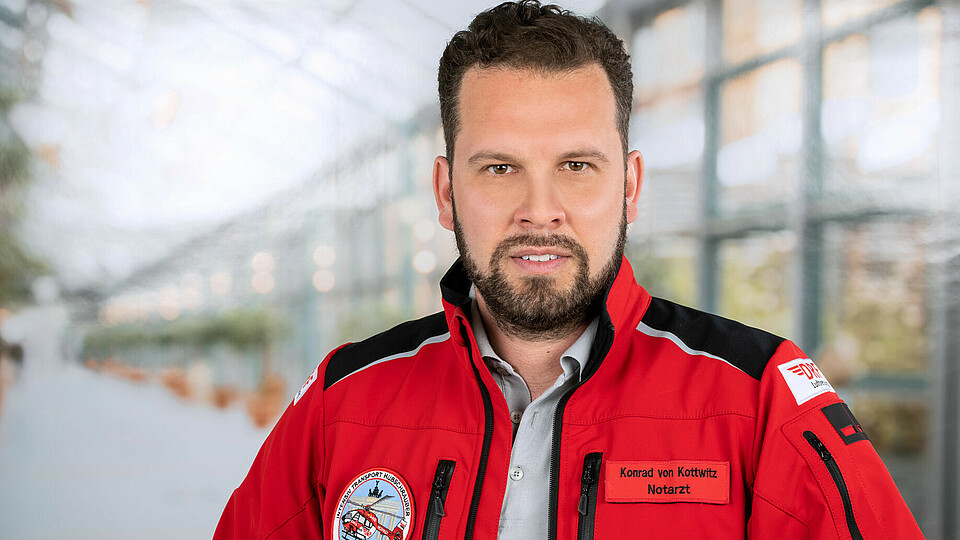
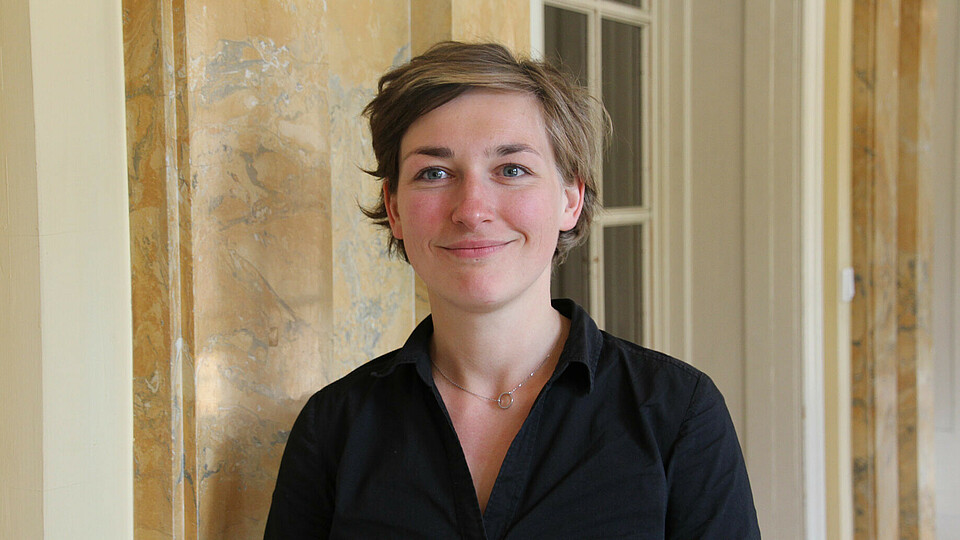
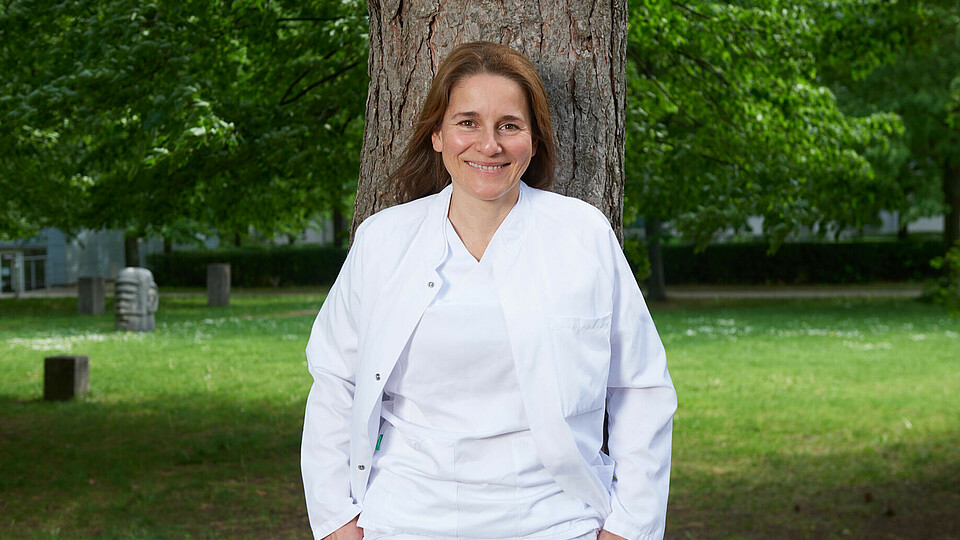
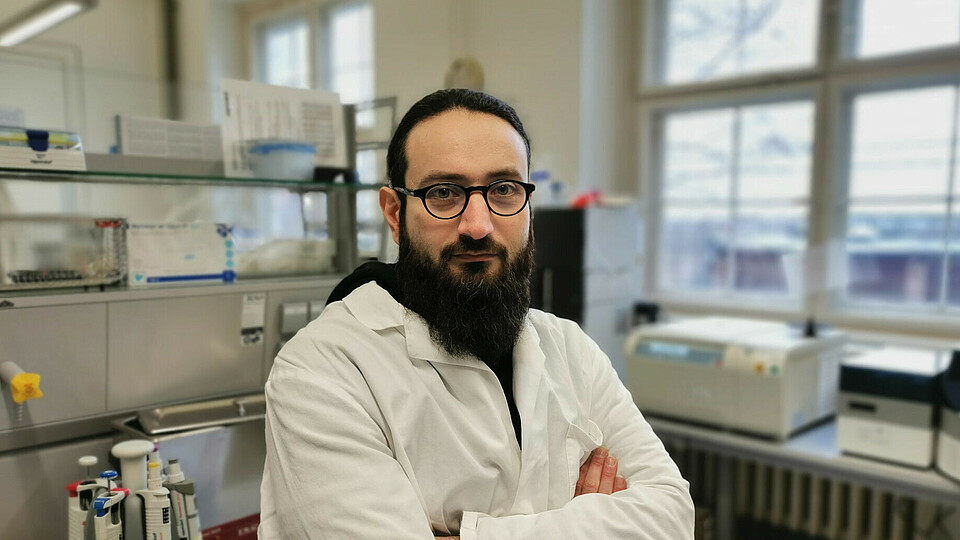

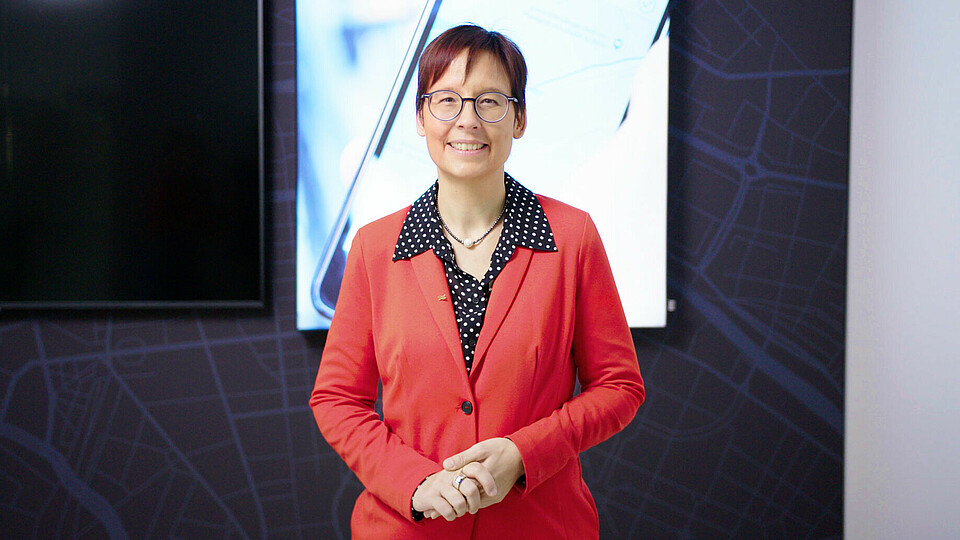

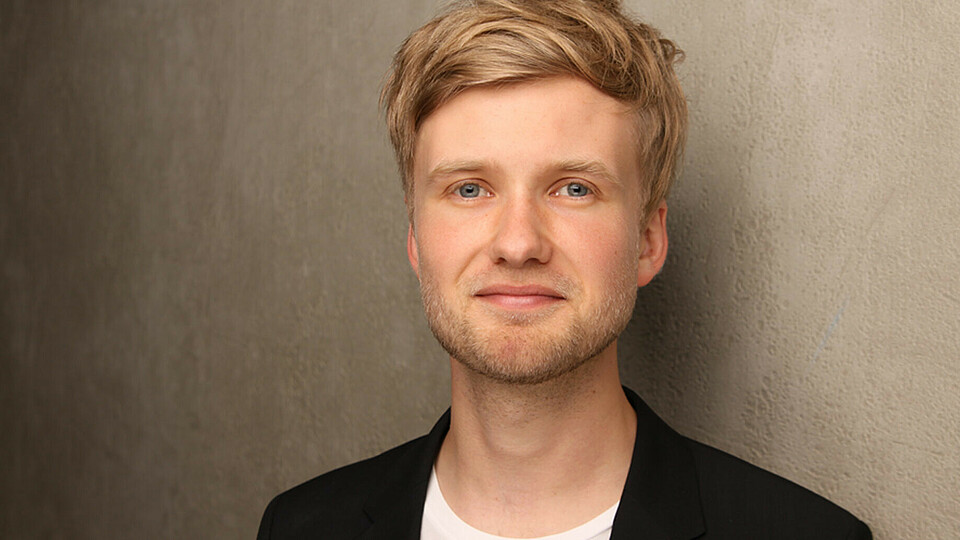
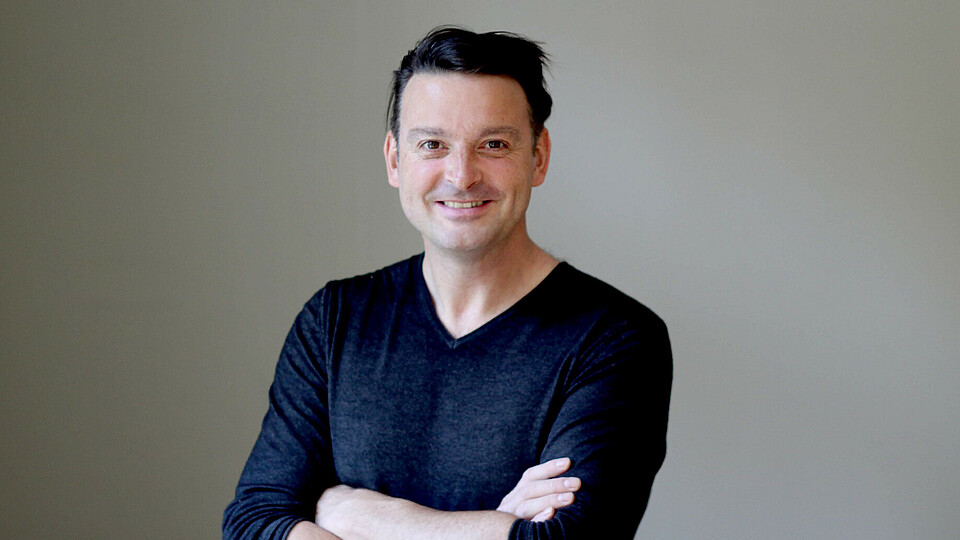
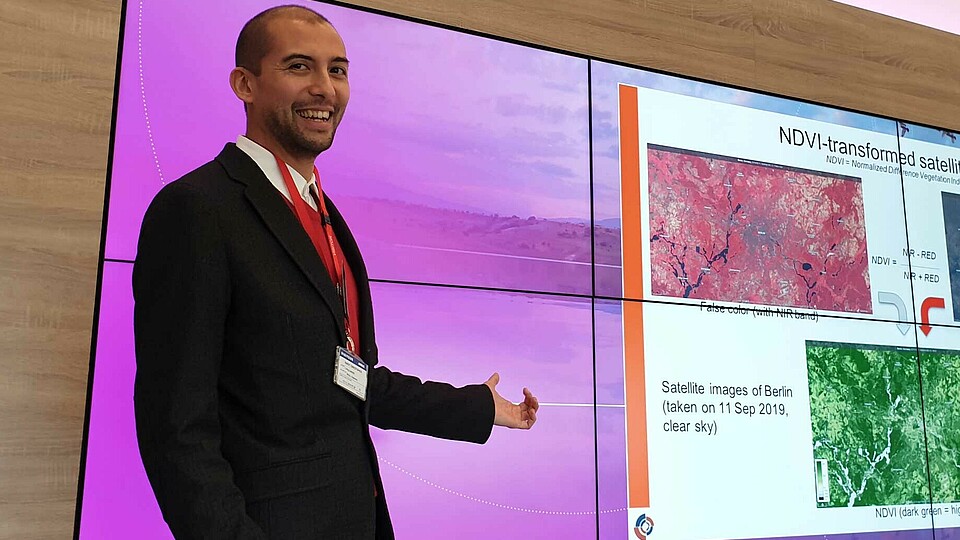
![[Translate to English:] [Translate to English:]](/fileadmin/_processed_/b/c/csm_Lang_Berlin-Partner_Philipp-Jester_683x384_31db623bc3.jpg)